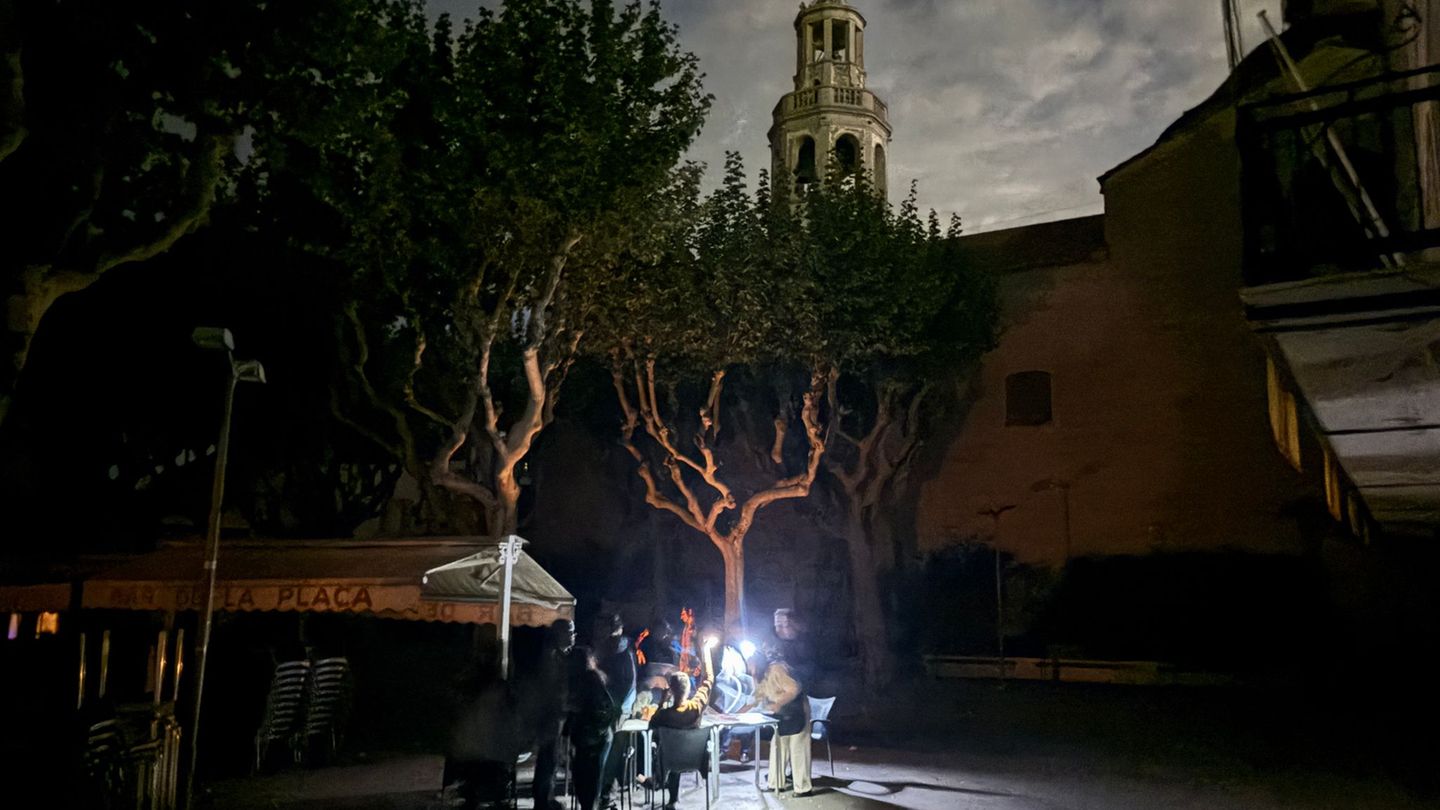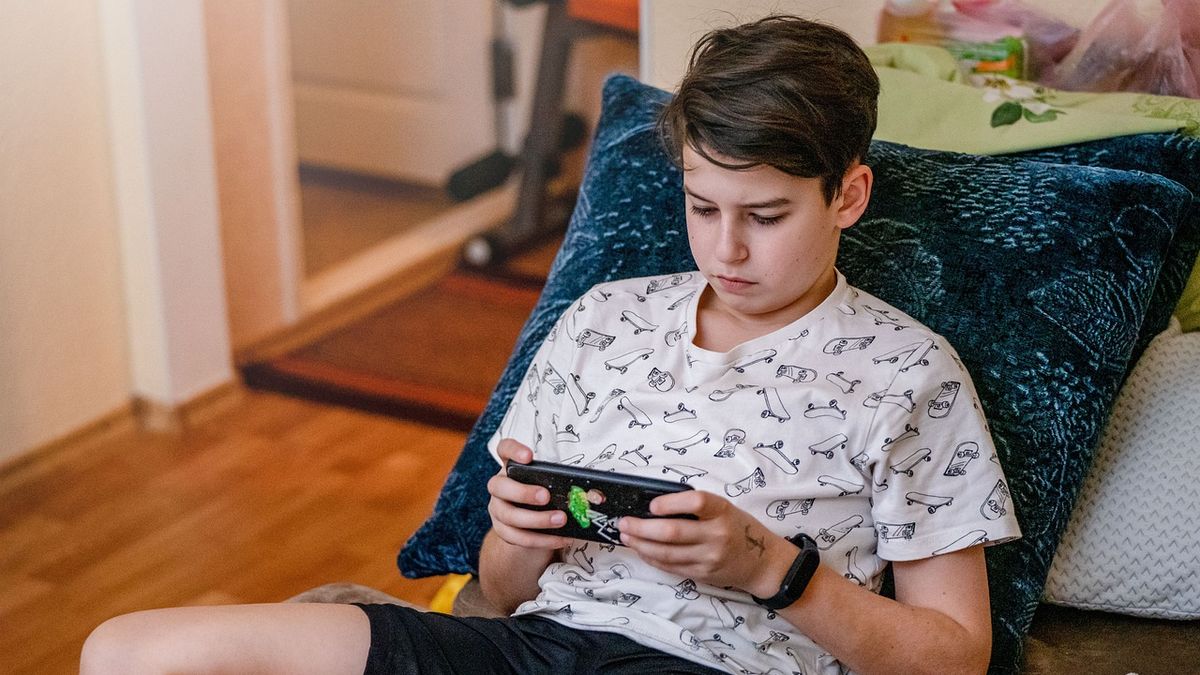(By Dacil Lanza) Argentine Inés García Holgado, one of the first three plaintiffs in Buenos Aires for the crimes of the dictatorship and democratic transition in Spain, highlighted the importance of this presentation for the Spanish Democratic Memory Law, warned about the danger that a right-wing government could imply for memory policies and assured that the Iberian country “continues to be dictatorial”.
In 2010, the Argentine Nobel Peace Prize winner Adolfo Pérez Esquivel, together with two relatives of victims of the Franco regime, García Holgado and Darío Rivas, filed a lawsuit for genocide and crimes against humanity during the Spanish Civil War (1936). -1939).
The complaint grew as more relatives and witnesses joined the case, which has been indicted since then by Judge María Servini, and which resulted in former officials of the dictatorship and the period of democratic transition being charged.
This week, thanks to the Democratic Memory Law, sanctioned in 2022, in Spain the victims of the civil war buried in the largest mass grave in the country, in the Cuelgamuros Valley, began to be exhumed for the first time from the State.
Télam: Do you think the Spanish Democratic Memory Law was influenced by the lawsuit in Argentina?
García Holgado: Yes, I think that everything that was done here through the lawsuit from the year 2000 caused people to have a greater interest, made more memory associations. A whole larger movement began after the Argentine lawsuit in Spain.
T: What can happen to the law if there is a change of government in the July 23 elections?
GH: The Popular Party (PP) is against the Democratic Memory Law, just like Vox. We know that some of them even go so far as to deny that these assassinations and the mass graves of Francoism existed. They are at that level.
T: The Government began exhumations in the Cuelgamuros Valley and not only the opposition, but part of the population, does not want to review the crimes of Francoism and the transition. What is your opinion of this level of public debate in Spain?
GH: It seems to me a horror that what happens with this topic happens. I gave a conference in England and even the conservatives were interested in the exhumations. The problem is Spain. And the change of political sign can greatly affect exhumations. What is happening in Spain is terrible and the UN Forced Disappearance Group has said so and Spain signed international treaties that it must comply with.
T: Many of the plaintiffs were heard for the first time before a court thanks to the complaint that you promoted. What role does the Spanish justice system play?
GH: Yes, the first statements were thanks to the Argentine lawsuit. Some by exhortations that Servini sent to Spain and that were accepted by the Spanish judges, and declared there. Later, others traveled to Argentina and testified before the judge. Then some testified at the Argentine Embassy in Spain. Those who testified left very happy. And regarding the role of the Spanish justice, I can say that they do not ask for evidence and there is. We need them to request them, for example, from the newspapers of the time and send them to Buenos Aires, but they don’t.
T: Do you think that the 2022 law should have repealed the 1975 Amnesty Law?
GH: An amnesty law is not valid when it comes to crimes against human rights, but the Spanish judiciary does not take that into account. It would not have to apply it, but it does apply it. With that they show some complicity. Spain is still dictatorial.
Source: Ambito




